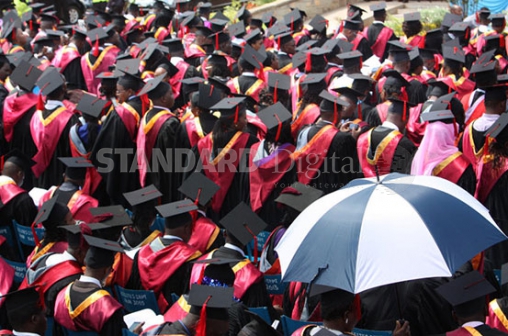×
The Standard e-Paper
Join Thousands Daily

NAIROBI: I was on a Fly 540 flight next to Prof Chris Wanjala the day after his article ‘Can intellectuals be men and women of God?’ was published in this very space (The Standard on Saturday, June 4, 2016).
On our way from Kisumu to Nairobi, he pushed the piece to me (we had been so busy promoting creative writing in high schools in Western Kenya that weekend, I hadn’t quite combed through the papers as I usually do).